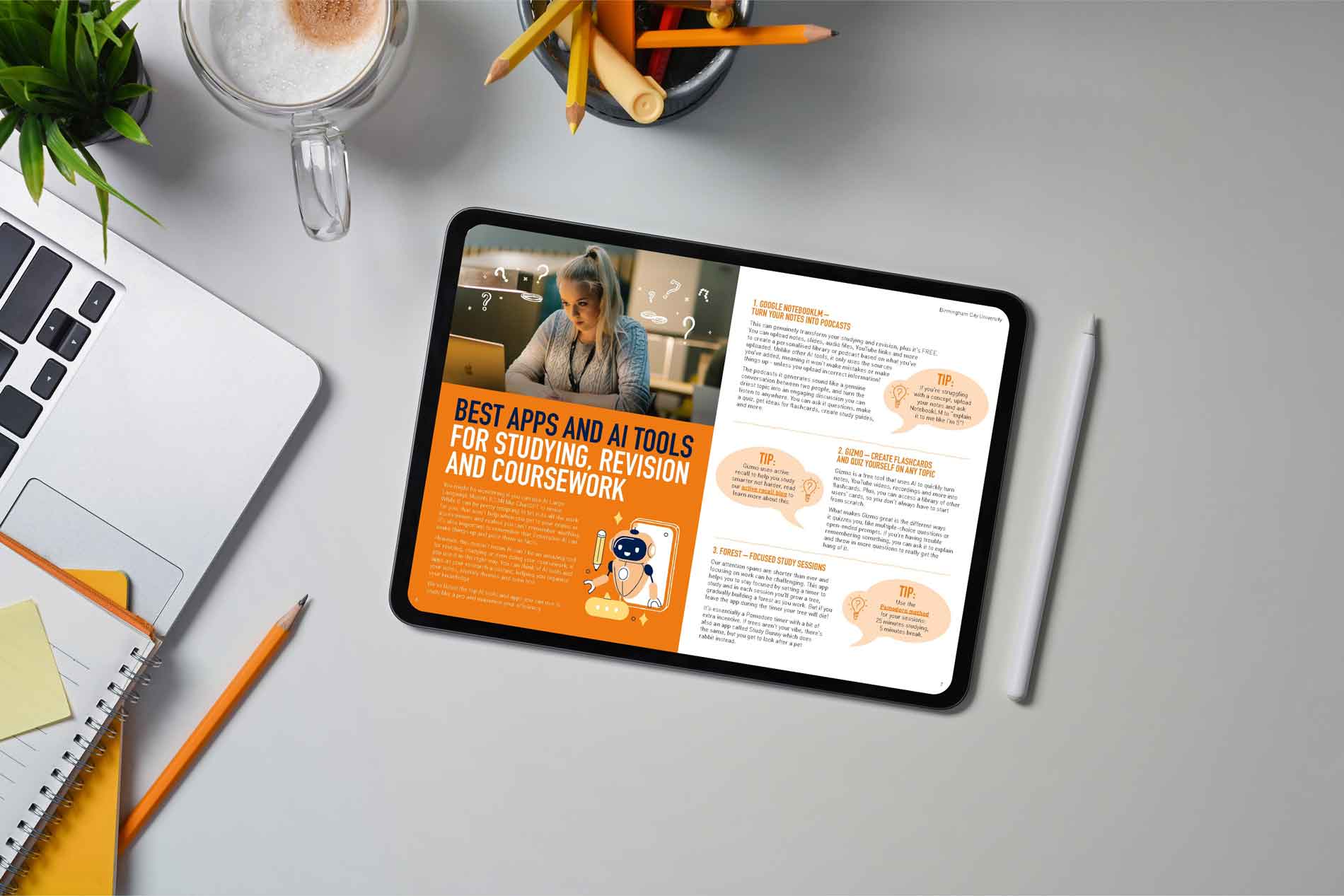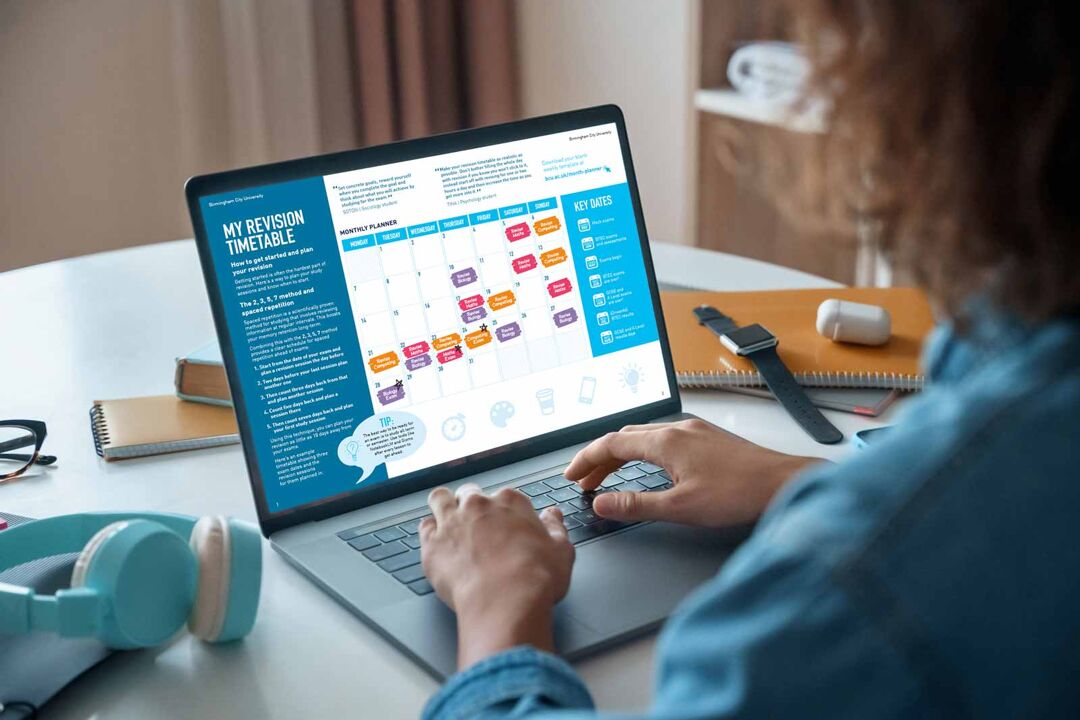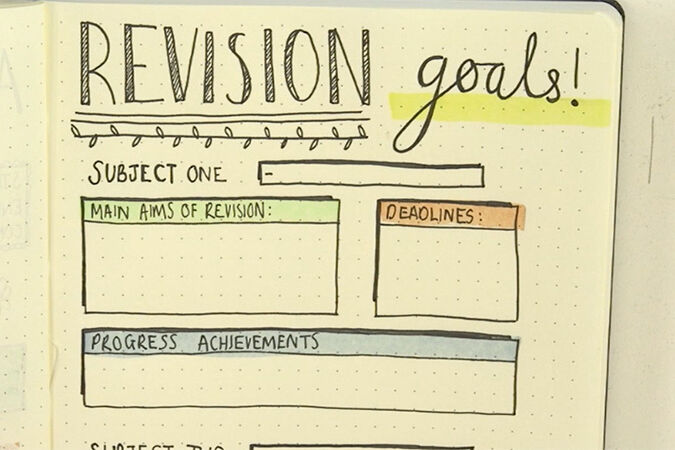
Blog Article

A Levels are a major step in your child's education, requiring greater independence and depth of study than GCSEs. As a parent or carer, you might be wondering how to support your child through these challenging qualifications. This guide covers everything from understanding A Levels and their structure to providing the right support and exploring what your child could do after college or sixth form.听
Got questions about university?
Get your FREE guide to university, packed with practical tips including key dates, costs, accommodation and more.
What are A Levels?
A Levels (Advanced Levels) are Level 3 qualifications typically taken by students aged 16-18 in England, Wales, and Northern Ireland. They are designed听to study a few subjects in-depth听and are one of the qualification types听needed to go to university. A Levels are most suited to students who aren't sure what course they want to听take yet, so they still want flexibility, or if they're required for a career path they've already chosen.听
How听are A Levels structured?
- Full A Levels: Taken over two years, with final exams at the end of Year 13. Some subjects may include coursework.
- Exam Boards: A Levels are set by exam boards like , , and . Each board has its own specification, so it鈥檚 important to check what applies to your child鈥檚 subjects.
How many A Levels should they take?
It's common to study four A Levels in year 12,听reducing to three in year 13, as that's the amount required for university entry. Dropping to three means a student can focus their learning on their best or most important subjects.听
How to support your child through A Levels
1. Help them stay organised
- Encourage them to use a study planner to track deadlines and exams -听 is a good free option
- Study continuously using听spaced repetition and active recall - this is particularly important to solidify knowledge over time, as their course lasts two years.听
- Use past papers from exam board websites to familiarise themselves with question styles and be ready for exam conditions.听
2. Create a productive study environment
- Set up a quiet space for study, away from distractions.
- Encourage digital tools听for note-taking and revision.
- Promote healthy habits; regular breaks, good sleep, and a balanced diet improve focus.
3. Support their revision
- Ask them to teach topics to you in simple terms (Feynman technique); this reinforces learning.
- Suggest active revision techniques like flashcards, mind maps, and blurting.
- Remind them that听studying over time is more effective than last-minute cramming.听
4. Balance pressure with encouragement
- Avoid putting too much emphasis on grades; encourage effort over perfection.
- Help them find ways to manage stress, such as exercise, meditation, or talking things through.
5. Discuss their next steps
A Levels are a stepping stone to various paths, including university, apprenticeships, and employment. Support your child in researching their options.
What happens after A Levels?
Your child may be aiming for university, but there are other options too:
- University: Most UK universities require specific A Level grades for entry. Applications go through 听(Universities and Colleges Admissions Service), with deadlines in January.
- Apprenticeships:听Degree apprenticeships allow students to earn while they learn, combining work with higher education.
- Gap year: Some students take a year out for work, travel, or volunteering before applying to university.
- Employment: Some do not require a degree, and professional training may be an alternative route.
If your child doesn鈥檛 get the grades they need they need to get into university, it's not the end of the world.听Clearing is another opportunity for them to get a place at university, often with lower grades.听




